Member spotlight: Debbie Gibson
Adapted from a conversation between Debbie Gibson and Ellie Stewart, pastoral intern.
How long have you been at First Pres?
I have been here for nineteen years, I believe. I measure it from Ethan Tozer’s baptism. That occurred the third Sunday I was here. Brant did such a beautiful job in that service, and the baptism just spoke to me.
What parts of life at First Presbyterian, either in the past or currently, have brought you joy?
Certainly, all the social justice work that I do brings me joy. I struggled with the services here. I grew up Baptist, and I was Methodist for many, many years. Coming here and having a very liturgical service, I felt like if I ever put the bulletin down, I was going to be lost. And someone said “Debbie, join the choir, and then you’ll be comfortable. You’ll at least know the hymns,” because again, the hymnody was very different from what I was used to. I did join the choir after about four months, and I went with the choir to the Montreat Worship and Music conference. I got that this is, you know, proclaiming the word from the scripture, from the songs and from the preaching. It’s a package deal. So once I got there, and I became more familiar with the hymns, particularly, singing in the choir is just a joy. Singing with Michael was one of those things that I think deepened my faith.
Do you go to that conference every year?
We did it every year for a while, and some people took their children and grandchildren! So we would all stay in the same house, and we would take turns cooking, but the girls would feel very comfortable coming up and tugging on your shirt and saying “I need, I want,” you know, it was like…this is family. That was the other thing that I thought: what a remarkable experience that children in this church have where, any adult is, you know, there for you, with you. And it was lovely. It was very different from my previous experience.
The term church family gets thrown around, but it’s easy to lose sight of the fact that it genuinely does feel like a family, and it functions like a family in a lot of ways.
Yeah, and the service incorporated children and youth. When we had a larger group of youth they would sing with us once a month. That was also a really wonderful experience to watch these kids as they grew. So, you know, you’re now out of elementary school, you’re in middle school, so suddenly you may be next to me in the choir section. So lots of reasons to find joy here.
What areas for growth do you see in the church as it pertains to social justice?
I think one of the things we struggle with is how to get people more engaged. When my daughter was little, I used to take her to Habitat sites. I would do some things, but she could, you know screw in a plate cover or something. I think that is a place for growth…what is it that people will respond to in terms of putting their hands and feet to work?
I wonder if there is a generational thing, that people have an idea that this is what I believe about social justice, and this is what I do at church, and they’re separate.
It’s interesting to hear you say that, because most of the people I know that do social justice work, do it in conjunction with or because of their faith. Social justice is what my faith calls me to do, period.
Which areas for growth do you see on a wider scale, not just relating to social justice?
I would like to feel that we have a church that is responsive to families, that welcomes them and provides programming and curriculum that families want for their children. We have young families that are here and engaged in a way that brings their family, you know, a richness in their faith.
Where have you seen a Triune God recently?
Montreat [at the 2023 Worship and Music conference]. We all remarked about how beautifully the conference brought together a diversity not only of ethnicities, but of worship styles, and music, and it was just sheer joy, everything about it. The final day, the lecturer plays a video of kids singing “Onward Christian Soldiers,” you know, talking about how many people have taken it out of their books. As a Baptist, when I went to vacation Bible school, we’d march in to to our Bible classes every day singing this. So he says, here’s one experience. Now I’m going to show you another, and he starts a video from the Civil Rights movement, and they are in church, and they are singing “Onward Christian Soldiers.” And he said, “Context is everything.”

